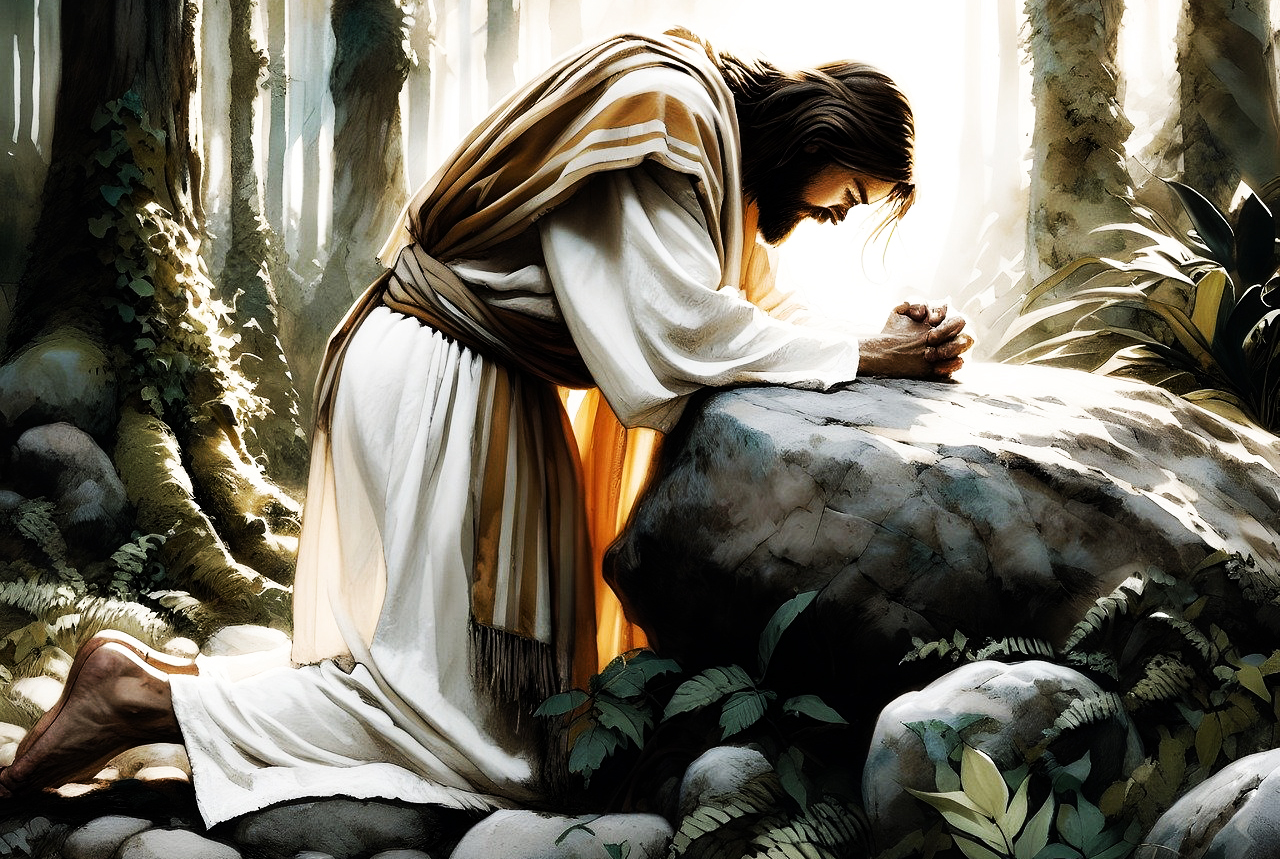
YHVH is merciful and gracious, slow to anger, and plenteous in mercy.” -Psalm 103:8
Shelosh-‘Esreh Middot HaRakhamim (שְׁלוֹשׁ־עֶשְׂרֵה מִידּוֹת הַרַחֲמִים) is known in English as the Thirteen Attributes of Mercy. These are Divine Attributes taken from Exodus 34:6-7 and tell us that that God governs the world, according to Kabbalah and Judaism. We see these attributes mentioned throughout the scriptures.
The Scriptures
And YHVH passed by before him, and proclaimed: YHVH, YHVH El, merciful and gracious, longsuffering, and abundant in goodness and truth, keeping mercy for thousands, forgiving iniquity and transgression and sin, and that will by no means clear the guilty; visiting the iniquity of the fathers upon the children, and upon the children’s children, unto the third and to the fourth generation.” –Exodus 34:6-7
We see this again in the plates of brass:
And the angel of YHVH passed by before them [Moses and Zipporah] and proclaimed: YHVH, YHVH El, is merciful and gracious, long-suffering, and abundant in goodness and truth, keeping mercy for thousands, forgiving iniquity, and transgression, and sin; and acquitting not the rebellious, but visiting the iniquity of the fathers upon the children and upon the children’s children unto the third and to the fourth generation.” –3 Moses 31:13-15
While these are both very similar, there are subtle differences. The most glaring is who is speaking and to whom, YHVH to Moses in Exodus, and the angel of YHVH to Moses and Zipporah in 3 Moses. Regardless, the timing of this is important. In both versions of these events, the Israelites have agreed to keep their Covenants with YHVH, the first being “Thou shalt have no other gods before me” (Exodus 20:3). And they quickly disobey, sacrificing to a golden calf. This becomes a very important declaration as it offers teshuvah, while reminding Israel that if they do not return to YHVH they will be punished.
The Breakdown
The Thirteen Attributes begin with the first “YHVH” in verse 6 in Exodus, verse 13 in 3 Moses, and end with the word “venakeh” (acquitting) on in verse 7 in Genesis, verse 15 in 3 Moses. The attributes are contained in the very words:
- יְהוָה YHVH: compassion before and after a person sins
- יְהוָה YHVH: mighty in compassion to give all creatures according to their needs
- יאֵל El: God is the ruler over all, God’s mercy sometimes surpasses His own words
- רַחוּם Rachum: merciful: that mankind may not be distressed
- וְחַנּוּן VeḤanun: gracious: if mankind is already in distress
- אֶרֶךְ אַפַּיִם Erekh Appayim: slow to anger
- וְרַב-חֶסֶד VeRav Hesed: plenteous in goodness/kindness
- וֶאֱמֶת VeEmet: plenteous in truth
- נֹצֵר חֶסֶד לָאֲלָפִים Notzer Hesed Laalafim: keeping mercy/kindness unto thousands
- נֹשֵׂא עָוֹן Noseh Avon: forgiving iniquity
- וָפֶשַׁע VaFeshah: forgiving transgression
- וְחַטָּאָה VeḤata’ah: forgiving sin
- וְנַקֵּה VeNakeh: acquitting or cleansing
Understanding
The idea here is that
- God loves us knowing we will sin, knowing our flawed nature.
- God still loves us after we have sinned, He prepared teshuvah knowing that we would fall away and so made a way to return.
- God is merciful beyond our human comprehension.
- God is merciful so we shouldn’t over stress about our flaws, but put our faith in Him.
- God is good to us, even when we are underserving.
- God gives us time to see the error of our ways and come home.
- God gives us greater blessings than we deserve.
- God never goes back on His word, God keeps all of His promises.
- God remembers our good deeds and tips the scales in our favor thanks to the mercy of Christ’s Grace.
- God forgives us, even when we openly rebel against Him, if we will return to Him.
- God understands that we will unknowingly break His Laws and forgives us of this also.
- God will always forgive us, He longs for our return home (think of the story of the prodigal son, see Luke 15:11–32).
- God will wash away our sins, we will be clean as if they never happened; however, if we do not repent there will be consequences.
Zeir Anpin and Arich Anpin
There are a number of scriptures in the Old Testament that are believed to proclaim these divine mercies, including include Numbers 14:18, Joel 2:13, Jonah 4:2, Micah 7:18, Nahum 1:3, Psalms 86:15, 103:8, 145:8, and Nehemiah 9:17. To the Kabbalist, Exodus 34:6-7 and Micah 7:19 stand out from the others. Kabbalists call these Thirteen Mercies as given to Moses “zeir anpin,” or “small face,” and these Mercies as given to Micah as “arich anpin,” or “large face.”
Who is a God like unto thee, that pardoneth iniquity, and passeth by the transgression of the remnant of his heritage? he retaineth not his anger for ever, because he delighteth in mercy.” -Michah 7:18
The reason being that here God doesn’t bring up punishment as He does to Moses. This is the difference between the lower and the higher Laws: the lower relies on threats and works, the higher relies on Grace and by Grace we are moved by the Holy Spirit to do the works of God. This is a very important distinction.
Thirteen
In Judaism, thirteen is a significant number. When including Joseph’s two sons there are thirteen tribes. Jacob had thirteen children, including Dinah. With leap year there are thirteen months. In the Jewish religion, thirteen is the age at which one becomes obligated to follow Jewish Law. Boys receive their Bar Mitzvah at this age. But on a more spiritual note, the Shema declares that YHVH is unity, or “echad” in Hebrew. The Hebrew letters that create this word has a gematria value of thirteen. The Hebrew word for love, “ahavah” also has a gematria value of thirteen. God is unity (Deuteronomy 6:4), God is Love (1 John 4:16). These are true names of YHVH.